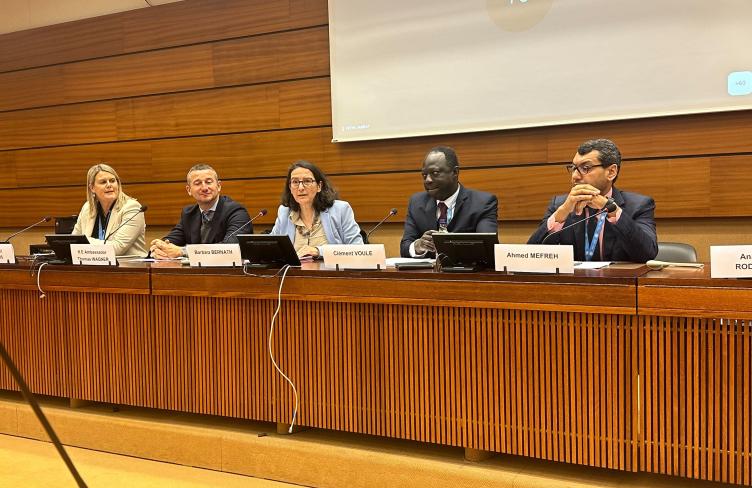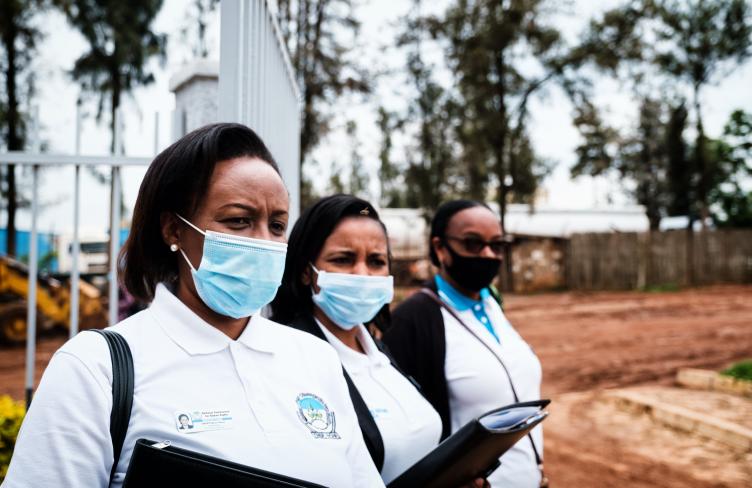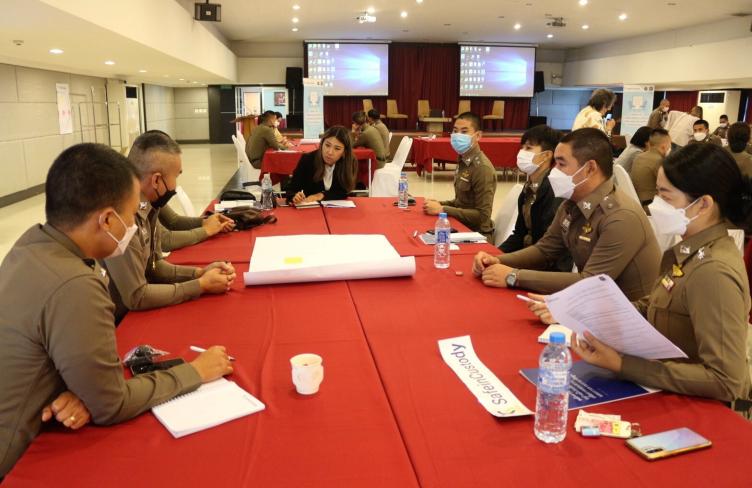
Alongside torture prevention mechanisms, NGOs, and academics, the APT is laying the foundations for a national strategy that will offer greater protection of LGBTI persons deprived of their liberty in Brazil.
Brazil’s prison system has the third largest population in the world and is blighted by inhumane conditions and rights abuses. Often unnoticed victims are Lesbian, Gay, Bisexual, Transgender and Intersex (LGBTI) persons, who are at particular risk when held in detention.
Specific guidelines on conditions of detention for LGBTI persons have been issued in Brazil. These address issues such as intimate visits, health care or hormone therapy. Implementation, however, is rare. LGBTI persons continue to be discriminated outside of places of detention. This means they face greater scrutiny by Brazilian police, heightening their likelihood of being detained; once this occurs, they face greater risk of abuse, ill-treatment or torture.
Since 2017, the APT has prioritised raising awareness of LGBTI persons’ vulnerability in the country. Ensuring that monitoring bodies are equipped with the right knowledge and tools to prevent torture and abuse of LGBTI person in practice is key.
Under the Optional Protocol to the Convention Against Torture, torture prevention bodies, known as National Preventive Mechanisms (NPMs), are granted the power to carry out inspections in places of detention. Following these inspections, they can make recommendations based on any observations made
“Ultimately, this branch of our work in Brazil is about ensuring protection of LGBTI persons actually occurs in places of detention,” Jean-Sébastien Blanc, the APT’s Director of Thematic Programmes said. “Working with preventive mechanisms can help us do that as they are best placed to open doors in places of detention and foster change where it is needed.”
At a recent workshop, representatives from Brazil’s National Preventive Mechanism, four Local Preventive Mechanisms (from Pernambuco, Rondonia, Paraiba and Rio de Janeiro), NGOs and academics specialised on LGBTI issues, gathered to develop strategies that can help achieve these goals. The Dutch Embassy in Brazil and the United Kingdom’s Foreign and Commonwealth Office supported the two-day workshop.
“Together we investigated the specific needs of LGBTI persons in detention, discussed challenges faced in protecting them and analysed good monitoring practices,” explained Sylvia Dias, APT’s National Representative in Brazil. “These events are key to building the knowledge of those working in torture prevention, particularly when it comes to vulnerable groups.”
The workshop included visits to detention facilities, a prison and a girls’ detention centre, to connect with those at the heart of the issue, the detainees, and to put the learnings from the two-days into practice. Attendees also participated in an interview with a judge who presides over custody hearings. The APT is carrying out a parallel project in Brazil that is strengthening judges capacity to use these hearings as an opportunity to spot or address signs of possible torture. The interview was focused on how judges’ address the risks LGBTI persons face in the first hours of detention. The judge in question raised the concern that, given the complexities of the subject, many judges face doubt when in such situations and flagged the need for guidelines from the judicial system, capacity training and awareness raising around ill-treatment of these persons.
The workshop gathered representatives of all 5 national and local preventive mechanisms in the country, as well as of LGBTI rights organizations, and state institutions, such as the Public Defense Office.
A researcher who is leading Brazil’s first national report on LGBTI persons deprived of liberty presented some of the preliminary findings and the methodology applied during interviews in different states of Brazil. The report, which is expected to be published later this year, will be the first attempt to provide data on the number of LGBTI persons deprived of liberty, their conditions of detention and their main grievances and needs. The report is a response to concerns around these issues raised by the Special Rapporteur on Torture after his visit to the country in 2015. The APT intends to support the dissemination of this report and believes it is a key step in raising the visibility of LGBTI persons deprived of their liberty and enabling the development of adequate public policies.
In light of the workshop, the next steps include the formation of an action plan and a working group to develop a strategy in line with Brazil’s National Torture Prevention System. Currently, however, the future of Brazil’s National Preventive Mechanism is unclear following a Presidential Decree that dismantled the body, effectively limiting its ability to carry out its functions. “The APT, alongside other organisations, is taking part in legal action to see this Decree suspended so that the NPM can carry out its essential work,” Dias concluded. “Of course, and vitally, that includes supporting the protection of LGBTI persons and others from torture when in detention.”


